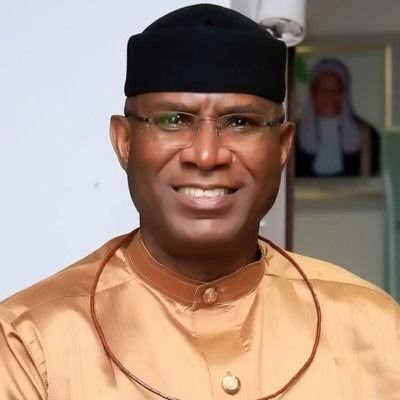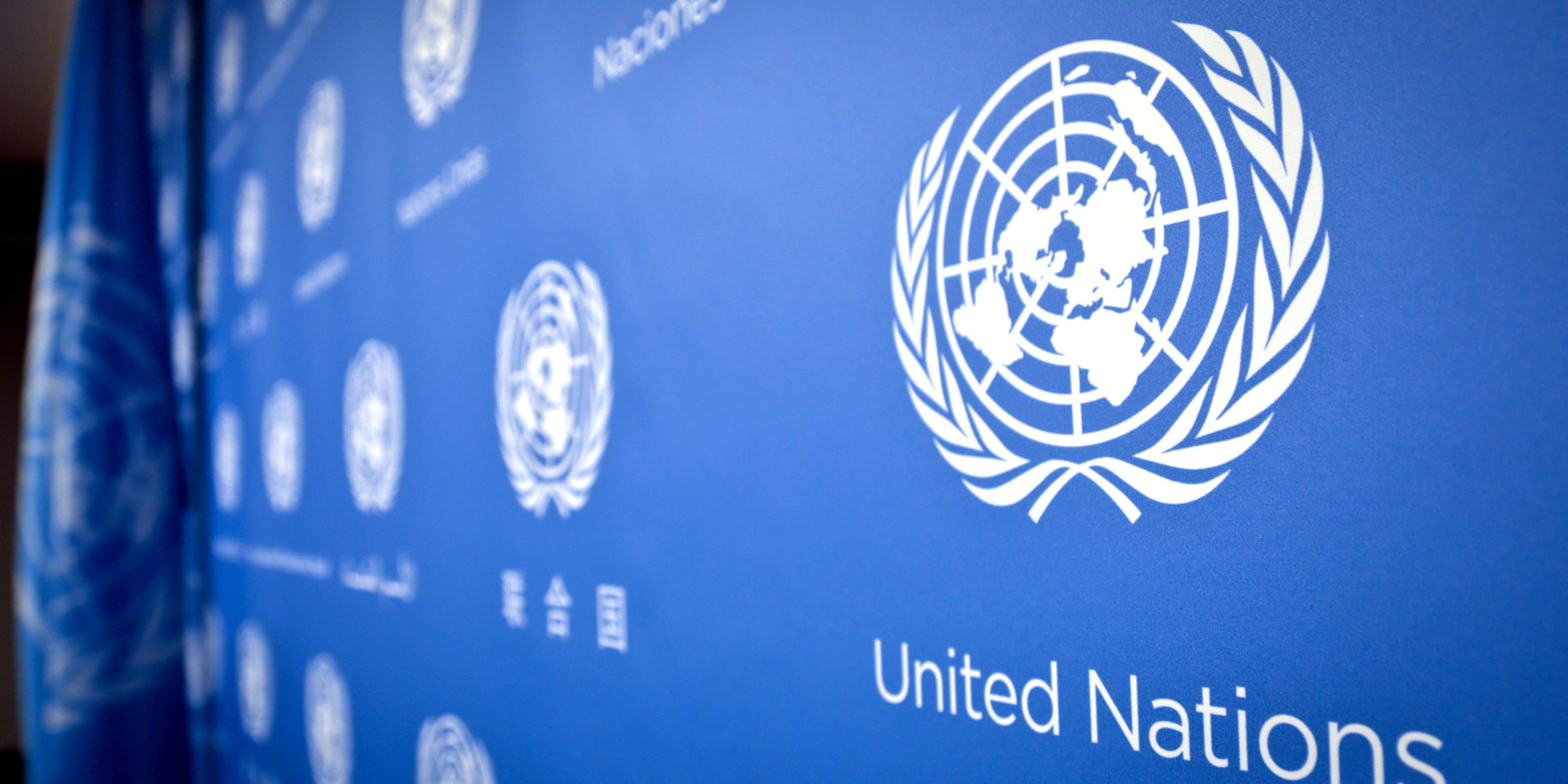One year ago, on November 15, 2023, the Nigerian Guild of Editors (NGE) invited me to speak on “Nigerian Media, Sustainability and Existential Threats by Big Tech.” Being asked again this year is a privilege, but I won’t be surprised if this is my last invitation.
Perhaps I won’t need to come as a presenter next time. A learning machine, Anaba possibly, might be here to do the job. This may sound incredible, but increasingly, with improvements in infotech and biotech, it seems that what AI cannot do does not exist.
In its most basic definition, generative artificial intelligence (AI) refers to computer systems capable of performing complex tasks that, historically, only humans could perform. Journalists, for example, used to think of themselves as the masters of storytelling in a hurry and God’s gift to the world as gatekeepers. We’re humbler now.
Luddites’ nightmare
The widespread use of AI is causing anxiety among journalists and other professionals, especially the Luddites. Recently, I wanted to redecorate my apartment. I asked a furniture company in Abuja to recommend an interior decorator. The two recommended insisted on a pre-inspection deposit of 100k, which I wasn’t prepared to pay.
I went to ChatGPT and imputed a description of my apartment with measurements, asking for a photo design. I got it in minutes, complete with a floor plan and car park design. ChatGPT even asked if I needed optional designs! Midjourney or AR would give far more incredibly splendid options!
According to Digital News Project 2024, “Journalism, Media, and Technology Trends and Predictions 2024” by Nic Newman, apart from rising costs and declining revenues, 300 digital leaders from more than 50 countries/territories also expressed significant concerns about using AI for backend news automation and experimental internet interfaces, including AR and VR glasses, lapel pins, and other wearable devices.
What’s AI up to?
Let us look briefly at two recent examples of the use of AI in storytelling, one in North America and the other in Europe, that have resonated in many parts of the world.
In Mexico, Grupo Formula, the country’s leading broadcasting group with 2.3m YouTube subscribers, created three avatars—NAT, SOFI, and MAX—three robotic journalists who generate content in entertainment, sports, and politics for the company’s social media handles.
The group’s director of technology and AI infrastructure told the Reuters Institute for the Study of Journalism, “The news stories that NAT, SOFI and others present are small stories and very focused towards young people who don’t connect well with the old-style newscast. We are looking to connect with these young people using technology.” Grupo Formula’s subsidiary, TV OAI, is the first news channel in Latin America powered 100 percent by AI.
More recently, a Polish radio station, Radio Krakow, announced the relaunch of OFF Radio, the first experiment in Poland where AI-driven characters take on the role of traditional journalists.
In response to concerns about the increasing role of automation in the physical and cognitive spheres, Yuval Harari said in his book 21 Lessons for the 21st Century, “It would be madness to block automation… to protect human jobs. After all, what we ultimately ought to protect is humans – not jobs.” I agree.
What opportunities exist?
What opportunities does AI present, and how might journalists use them for storytelling? a). Streamlined content production: AI tools can significantly streamline content production, allowing journalists to focus on the creative aspects rather than time-consuming tasks and drudgery.
For example, algorithms can assist in generating ideas or first drafts; b). Personalisation of content: Algorithms can analyse user preferences and behaviours to create bespoke narratives with individual audiences; c). Enhanced engagement: AI can create immersive and interactive storytelling experiences.
For example, games and multimedia stories that adapt based on user decisions can attract individuals who may not typically engage with traditional forms of storytelling; c). Creation of new opportunities: The fusion of AI and human effort can create new possibilities previously challenging to imagine.
One good example is the collaborative effort involving 400 journalists from 80 countries sifting through 11 million documents and 2.6 terabytes of data during the Panama Papers investigation; d). Generative AI can repurpose chaos: In an article entitled “AI news that’s fit to print,” Zach Seward wrote, “Faced with the chaotic, messy reality of everyday life, LLMs (Large Language Models), are useful tools for summarising text, fetching information, understanding data, and creating structure…but always with human oversight.” This article also shares some of AI’s best and worst use cases.
Challenges of AI use
Ethical concerns in AI storytelling include the potential for generative models to create misleading information, such as fake stories or images that blur the line between reality and fabrication. The Cambridge Analytica case and COVID-19 are good examples. Concerns about legal liability and privacy protection have also been expressed.
Other concerns include quality, coherence and creativity, originality, fairness and bias, and adaptability to genre and audience.
Limits and success stories:
AI is a work in progress. Again, from Seward’s article, we could use lessons from some excellent and ugly examples of its application even in countries where automated storytelling appears to be well-established already. First, the nasty experiences:
CNET and the tech error soup: Last January, CNET, a tech website, published financial advisory stories on short-term saving instruments, how to manage and close bank accounts, and other topics. Although the byline said the stories were written by the platform’s “Money Staff,” they were not. Language machines wrote them, but the massive errors (described as moments of hallucinations) exposed the site! Actual staff members saved the day by cleaning up the copies.
Sports Illustrated’s Street Spin: The Street, a publication from the stable of Sports Illustrated, published a raft of bot-generated stories and made matters worse by curating and attaching fake author identities to the stories. The spin didn’t end well.
Good news
But there have been good experiences, as well:
Modelling for pattern or image recognition machines has proved valuable when analysing large data caches. Media houses such as Buzzfeed News and The Wall Street Journal have used AI to establish significant trends in otherwise desperate and solitary occurrences or patterns.
Examples range from the Mauritius Leaks, which involved 200k highly technical documents, to the story on the miles of dangerous lead cables around New Jersey streets that posed severe public health risks to residents. Zach Seward also documents a few other examples in his piece entitled “AI news that’s fit to print.”
Where is the Nigerian storyteller?
Professor Farooq Kperogi and I collaborated on an academic paper for the Journal of Applied Journalism and Media Studies entitled “Light in a Digital Blackhole: Exploration of Emergent Artificial Intelligence Journalism in Nigeria.”
The study found that social media and the rise of citizen journalists have changed the landscape and accelerated the mainstream adoption of automated journalism.
More media houses use tools, including social media integration software like Echobox, Hootsuite, Revive, and Dlvrit, to drive audience and revenue goals. The election watchdog Yiaga Africa collaborates with some TV stations to collate and analyse election results using AI tools. Automated fact-checking systems, drones, and language management tools are also being deployed.
While costs and infrastructure remain significant barriers to adoption, attitudinal differences between younger journalists and the older, more established ones were also noticed, with newsrooms embracing more diversity in age cohorts and educational backgrounds.
Job losses? What jobs?
Our study did not justify the fear of imminent job losses among Nigerian journalists. However, the impact of the disruption on readership/audiences and revenues due to economic reasons and changing demographics is undeniable.
It would be good if anxiety about job losses led to greater introspection, retooling, and adoption of technologies and practices that improve journalism, especially the core business of storytelling.
If the destination is uncertain, the least we can hope for is that we are in good company, human or otherwise. And it won’t matter if the chatbot delivers this lecture next year!
Ishiekwene is the Editor-In-Chief of LEADERSHIP and the author of Writing for Media and Monetising It. This modified version of AI-Generated Storytelling: Opportunities and Challenges was based on my presentation at the 20th Annual Conference of the NGE on November 8.








